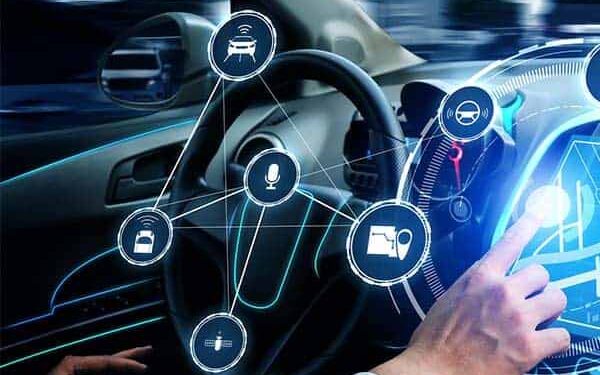Artificial Intelligence in the automotive market is anticipated to record a robust CAGR of 55% between 2023 and 2033. The market is anticipated to cross a market share of US$ 9.3 billion in 2023, while it is expected to be valued at US$ 744.39 billion by 2033.
Advanced vehicles with self-driving and fully autonomous transmissions are in high demand. Hence, the AI-integration vendors are working on personalized solutions, fueling the demand for Artificial Intelligence (AI) in automotive.
The rising demand for EVs and hybrid vehicles is followed by the integration of AI units, as they enhance the operational capability, deliver ease, and protect the vehicle through systems like parks-guided systems.
The Advanced Driver Assistance Systems (ADAS), level 2, is getting popular among automotive enthusiasts, which further extends the research and development of ADAS integration.
The new car builders are delivering OEM-based AI chips that work on different functions of a vehicle. From AC, lights, and cruise control to guided parking and autonomous driving systems, AI supports each component.
The restoration of the automotive industry, coupled with the high-end AI and machine learning set-up, is fueling the demand for Artificial Intelligence (AI) in automotive. Advanced automatic emergency braking is regulated through AI chips.
The passive and active safety systems are specially designed to prevent human error while operating vehicles.
Key Points
- The United States market is another significant market. The market growth is attributed to the presence of EV giants like Tesla, which delivers advanced AI and ML integration. The increased acceptance of autonomous and self-driving vehicles is fueling the sales of AI in the automotive market.
- Artificial intelligence (AI) in the automotive market in China is another significant market. The growth is attributed to the expanded manufacturing units, high-end research, and advanced experimentation.
- Europe with its environmental compliance adopts EVs and Hybrid Vehicles, which further fuels the demand for AI-integration prospects.
- The software segment is likely to thrive in the component category due to the common application and automotive implementation. It is expected to hold a value of US$ 200 billion by 2033.
- The fully autonomous segment tops the application category with an anticipated value of US$ 30 billion by 2033. The growth is attributed to the advent of self-driving assistance systems.







